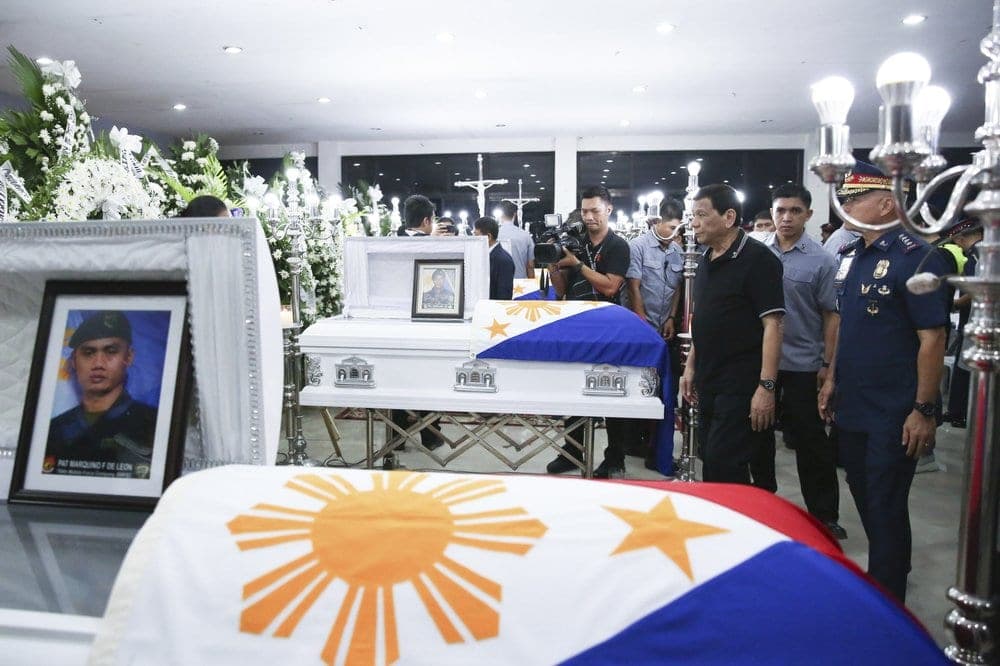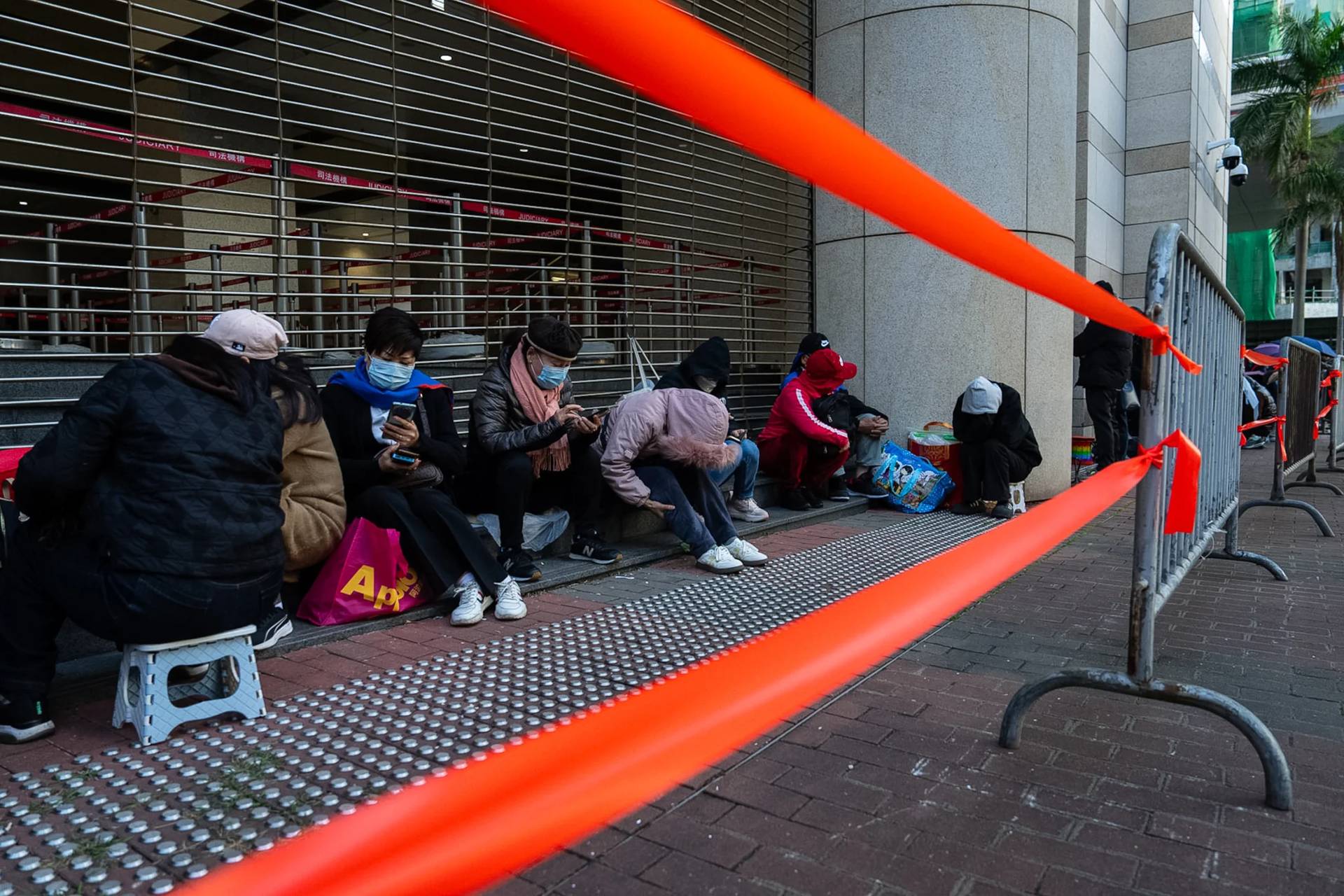A new agreement has been signed in the central Philippines by the ecclesial leaders, military, and police that aims to help repair trust between the Church and security forces on Negros Island.
The island is the location of a long-running communist insurgency, and a spate of tit-for-tat killings has frayed nerves in the region.
At least 90 people have been killed on Negros Island since 2017, according to human rights groups.
Extra-judicial killings are common on the island, with human rights activists and others working for social welfare groups often being accused of supporting the communists – a process called “red tagging.” Once red tagged, a person will often be targeted by anti-communist gunmen, with members of the security forces often suspected as being behind the attacks. Church workers, since they operate at the peripheries of society, can be susceptible to red tagging.
RELATED: Religious leaders in Philippines condemn ‘red tagging’ rural missionary group
The Philippines United Methodist Church last week issued a statement claiming “state terrorism” now prevails in Negros.
The statement released by United Methodist News said the activity of the security forces had reduced the island to a “howling wilderness, where death squads, human rights violations and extreme poverty reign supreme, and principles like respect for human rights, civil liberties and the dignity of man have become totally unheard of.”
They also complained about red tagging.
“Human rights advocates and supporters of local peasant associations previously red-tagged as communist supporters or sympathizers were killed, this time by unidentified assailants or motorcycle-riding assassins. The soldiers and policemen, in carrying out their operations, left a trail of blood and tears and untold miseries to the families of their victims and the people of Negros,” the statement said.
Tensions have increased over the summer, after four policemen were ambushed and killed by rebels on July 18. In the following month, over two dozen people – most considered left-leaning – were gunned down on the island. Many human rights activists have said it was the security forces seeking revenge; the authorities blame the insurgents and criminal gangs.
The heads of the island’s dioceses denounced the excesses of both the rebels and the government forces, and on July 26 ordered that a prayer intention for an end to the killings be recited at each Mass.
In a statement issued after a townhall meeting to discuss the violence, the Diocese of Dumaguete said the root causes of the discontent on the island must be addressed.
“We acknowledged poverty, lack of economic security and education, rising number of dysfunctional families, weak spiritual foundation, corruption, lack of social and basic services especially for the poor in the upland villages, lack of development opportunities for the marginalized are among the causes of the problems we’re confronted with today,” the document said.
On Aug. 26, Bishop Patricio Buzon of Bacolod, Bishop Gerardo Alminaza of San Carlos, Bishop Julito Cortes of Dumaguete, Bishop Louie Galbines of Kabankalan, and Bishop Jaime Florencio of the Military Ordinariate of the Philippines signed a memorandum of understanding with the police and military to set up the Church-Military-Police (CMP) forum as an “institutional platform for dialogue” to ensure that the lines of communication between the three parties are always open.
The new institution aims to be stronger and more effective than a similar “advisory group” established a decade ago.
Father Chris Gonzales, the director of the Social Action Center, said the initiative will help in the peace process.
“We believe that for as long as we are talking, we will not resort to violence,” Gonzales said. “We know that militarization is not a solution to the insurgency problem, poverty, and hunger in our society. We also need the cooperation of all sectors.”
Major General Dinoh Dolina also praised the agreement and called for a closer and friendlier relationship between the Church and security forces.
The military officer said the help of the Church is “crucial” in pursuing peace in Negros.
“Rest assured that the military leadership is really serious in our mandate to facilitate peace in Negros. In every undertaking that we do, as what I have learned in my childhood days, we always invoke the presence of God. We, the blessings of God, we hope we will be able to finish our job in Negros,” said the military officer.
Regional police director Rene Pamuspusan said the forum “will expect our full cooperation.”














